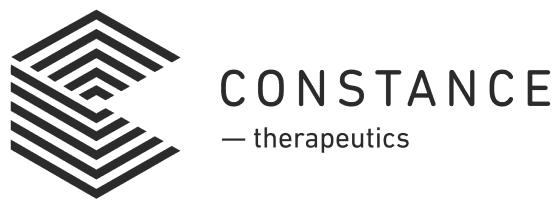Thanks to heightened media coverage over the past several years – particularly Dr. Sanjay Gupta’s report on the dramatic, life-changing effect that THC and CBD-rich therapeutic cannabis oil has had on a young patient with a severe seizure disorder – cannabis has recently been thrust into the spotlight for its potent anti-convulsant properties.
With so much recent buzz, it may be surprising to learn that anecdotal accounts about the use of cannabis as a seizure treatment have been around for centuries and documented since at least 1881. However, research regarding its effects on epilepsy and seizures is still in the early stages.
As a result of families pushing for access to CBD for their sick children (and moving to states where it is legal and available in limited quantities), the need for research is more urgent than ever.
According to Orrin Devinsky MD, Professor of Neurology, Neurosurgery, and Psychiatry at New York University School of Medicine and Director of NYU Comprehensive Epilepsy Center:
There remains an enormous unmet need in a range of pediatric and adult treatment-resistant epilepsy syndromes, which affect approximately 750,000 Americans. Some of the greatest needs are in children with severe epilepsy syndromes such as Dravet and Lennox-Gastaut, where frequent seizures often persist despite high doses of multiple anti-epileptic drugs.
Results of Past Data
The American Herbal Pharmacopoeia (AHP), a non-profit research organization of herbal medicine, responded to this immediate need for information by releasing its scientific review of existing research on cannabis, epilepsy and seizures into the public domain.
From the published evidence so far – case studies, surveys, and pre-clinical data – the review authors draw a number of conclusions on the potential benefits of cannabis on epilepsy and seizures:
-
There is a general, subjective consensus that cannabis exerts an anticonvulsant effect.
-
Most human evidence suggests a reduction in incidences and severity of seizures as well as physical and behavioral improvements in children and adults treated with cannabis or its preparations.
-
Due to the high variability of many factors, a single conclusion describing cannabis’ effects on seizures cannot be drawn.
-
Compared to THC, CBD exhibits the most reliable anticonvulsant effects and its lack of apparent psychoactive effects makes it more attractive than THC.
-
CBD exhibited clinically beneficial effects in epileptic children resistant to antiepileptic medications. Moreover, in contrast to anticonvulsant medications, CBD was well-tolerated in pediatric subjects with no neurotoxic or motor side effects.
-
Preliminary results with CBDV, a naturally occurring propyl derivative of CBD, suggest that it may be more efficacious than CBD. However, CBDV is generally found as a minor component in most cannabis strains and has limited availability at this point.
The authors point out that these results, while encouraging, are still preliminary and they stress the need for repeated-dosing, longitudinal studies in spontaneously epileptic animal disease models as well as controlled clinical trials to determine long-term efficacy and safety.
Next Steps for Cannabis Research
To date, attempts by scientists to research cannabis in the U.S. have been stymied due to marijuana’s listing as a Schedule I controlled substance under the Drug Enforcement Agency (DEA). However, many in the medical community know that to be untrue and are pushing for greater medical and research access to cannabis.
In order to bolster research, the American Academy of Pediatrics (AAP) has recommended that the DEA reclassify marijuana as a Schedule II substance. This downgraded listing would allow the Food and Drug Administration (FDA) to be involved in pediatric research, important to the AAP for providing a process of standardization.
In fact, the FDA had already approved Investigational New Drug studies of purified CBD as an anti-seizure medication through GW Pharmaceuticals.
Continue reading Part 2 of “Cannabis and Epilepsy” to find out about initial results from this IND study as well as other results about CBD’s effect on intractable epilepsy. Contact us to learn about our work with epilepsy patients and their doctors.


